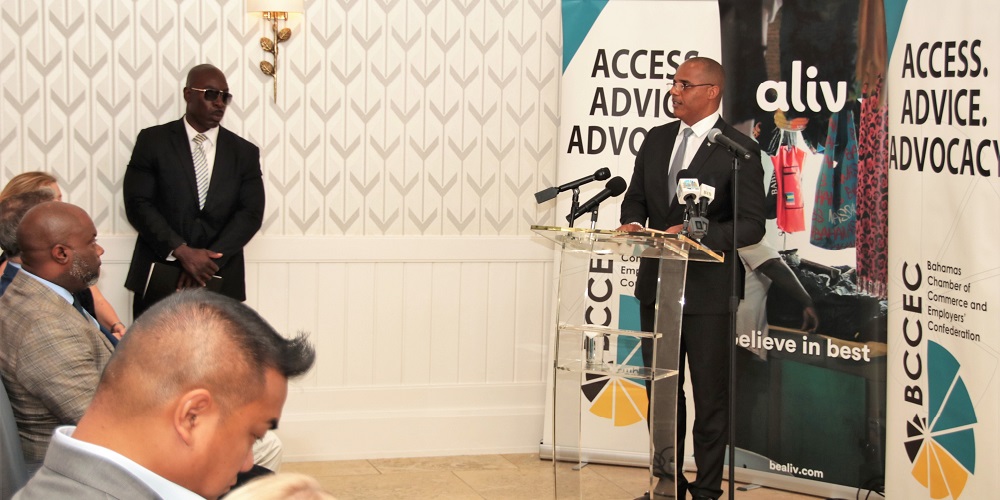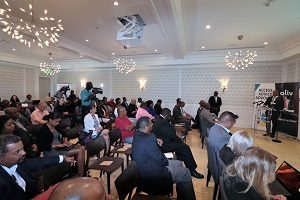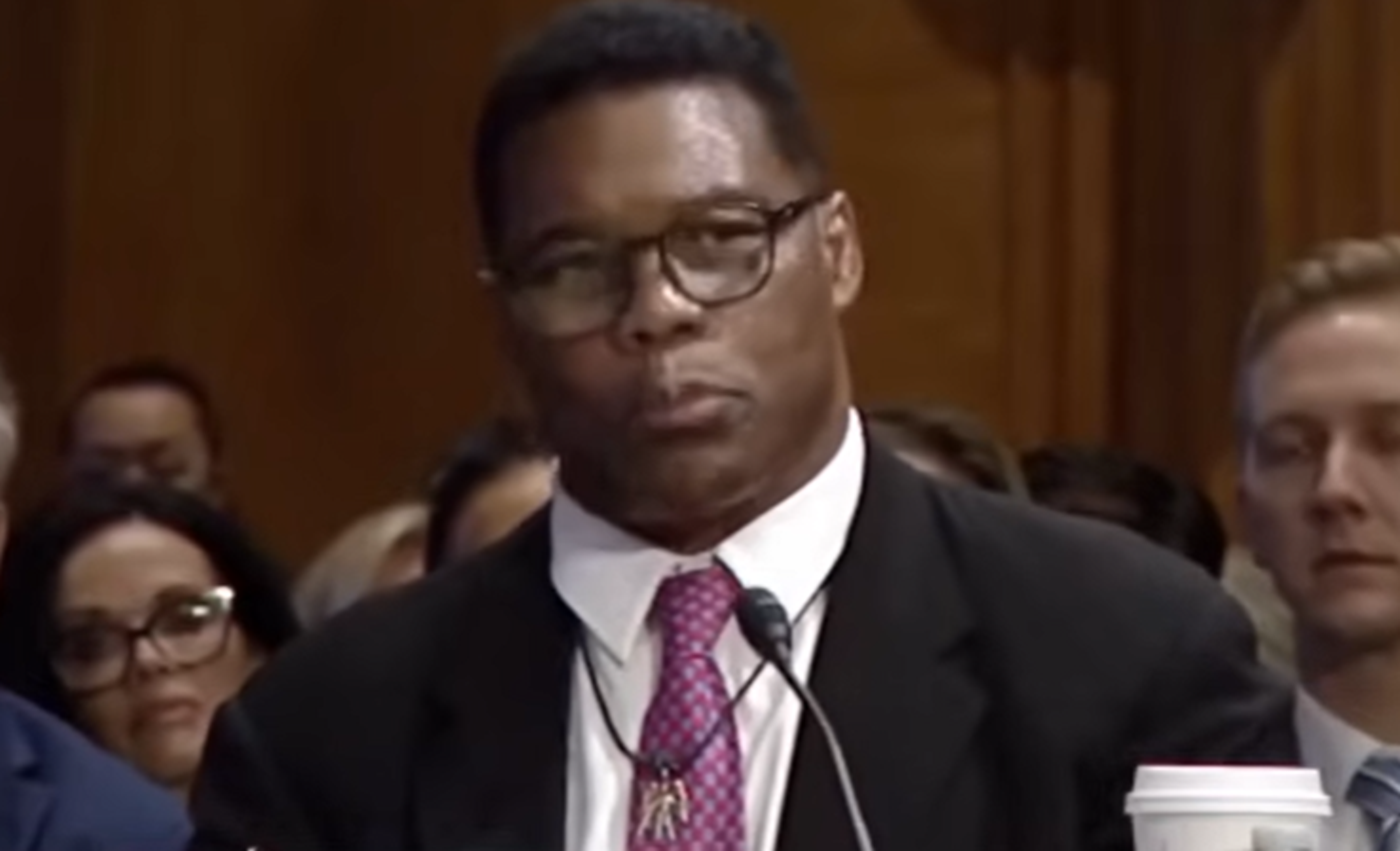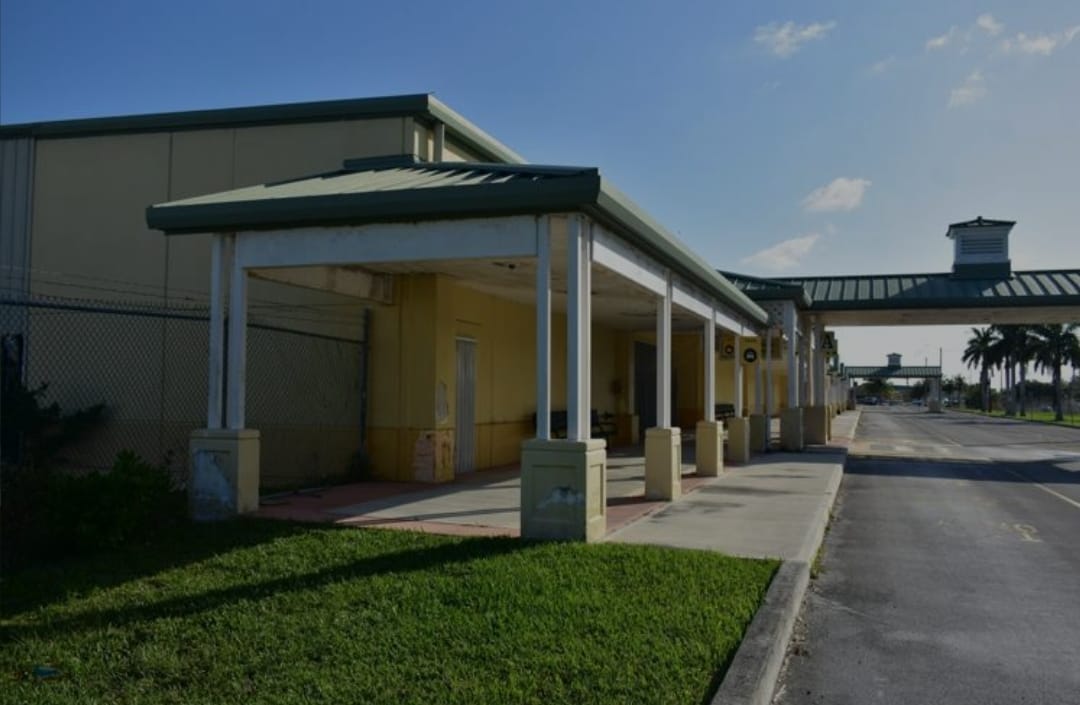Deandrea Hamilton | Editor
The Bahamas, September 16, 2025 – For the first time since 2011, the United States is on the cusp of sending an ambassador to The Bahamas — and the nominee, former football star turned entrepreneur Herschel Walker, is promising to bring his business instincts to the diplomatic table.
Speaking before the Senate Foreign Relations Committee last week, Walker underscored that his background in food-service companies and small business leadership has prepared him to think practically about investment. “I know how to run a business, how to create jobs, how to make payroll. Those lessons translate into building relationships and building trust,” Walker said.
Walker, who was nominated by President Trump in December 2024, faced the Senate Foreign Relations Committee on September 11. As of now, he has not yet been confirmed; his nomination remains under review, pending a committee vote before it can move to the full Senate. If approved, he would become the first U.S. ambassador to The Bahamas since 2011.
For years, U.S. officials have stressed security and counternarcotics cooperation with The Bahamas, including through “Operation Bahamas, Turks and Caicos.” But in areas like infrastructure, medical care, and long-term investment, Washington has often been absent.
Hospitals and clinics remain under-resourced, and hurricane recovery has been slow in many islands. Chinese state-backed firms, by contrast, have shown up with financing packages and construction deals — a presence that has raised alarms on Capitol Hill.
“Only 50 miles off our shore, The Bahamas is too important for us to ignore,” warned Senate Foreign Relations Committee leaders during Walker’s hearing. They called China’s inroads “strategic, not charitable,” suggesting Beijing’s long game is about ports, proximity, and political leverage.
Walker positioned himself as a nontraditional but pragmatic envoy. He argued that his business career, rooted in private sector success, equips him to champion American investment in The Bahamas.
He pledged to:
- Promote U.S. companies interested in medical and infrastructure projects.
- Support an environment that encourages American investors to see The Bahamas as more than just a beach destination.
- Highlight opportunities for partnerships that improve public services, healthcare, and resilience against hurricanes.
“I’ve built businesses. I know what it takes to attract investors and create opportunity. That is exactly what I intend to bring to our relationship with The Bahamas,” Walker said.
The Bahamas is not just a tourist paradise. It’s a frontline state in migration, drug interdiction, and hurricane response. More than six million U.S. visitors travel there annually, making stability and safety a U.S. domestic concern as much as a foreign policy one.
million U.S. visitors travel there annually, making stability and safety a U.S. domestic concern as much as a foreign policy one.
And yet, with the ambassador post vacant for 14 years, the U.S. has often looked detached — opening space for China’s ambitious Belt and Road agenda. The fear is that infrastructure deals signed today could give Beijing leverage in the region tomorrow. Walker’s confirmation would symbolize a course correction, signaling Washington’s intent to re-engage not only in security but in the economic future of The Bahamas. Not everyone is convinced Herschel Walker is the right man for the job. His nomination revived controversies from his 2022 Senate run, including past allegations, public gaffes, and doubts about whether he has the diplomatic polish the post demands. Some senators and analysts questioned whether celebrity and business experience were enough for a role requiring nuance in foreign policy and geopolitics.
Critics argued that The Bahamas, sitting just 50 miles from Florida and facing intense Chinese interest, deserves a seasoned diplomat rather than a political ally.
Walker confronted those doubts head-on. “People have underestimated me all my life — in academics, athletics, and business,” he told the Senate Foreign Relations Committee. “And I have always proven them wrong, through discipline, determination, and by outworking everyone.”
He admitted he had never served as an ambassador but countered that his career prepared him in other ways: building businesses, managing payrolls, and connecting with people from all walks of life. He framed his business background as a strength, promising to use it to encourage U.S. investment in healthcare, infrastructure, and hurricane resilience projects in The Bahamas.
Rather than sparring with critics, Walker leaned on confidence and persistence: “I know how to build trust and find common ground. That’s what this relationship needs.”
If confirmed, Walker would have to balance his role as diplomat with expectations of being a commercial cheerleader for U.S. firms. His emphasis on entrepreneurship suggests a willingness to push U.S. businesses toward opportunities in healthcare, ports, and post-storm reconstruction — areas where Bahamians say they need the most support.
For Bahamian officials, the question will be whether Washington is prepared to back words with financing. U.S. private sector dollars, paired with aid and development partnerships, could help shift the tide against Chinese influence.
For Walker, the test will be whether his business acumen can translate into diplomatic wins — giving Bahamians alternatives to Beijing, while deepening the U.S. role in the Caribbean.
Analysis: If Walker delivers, this appointment could mark a turning point: a U.S. strategy that recognizes that in the Caribbean, investment is diplomacy.


 TCI News7 days ago
TCI News7 days ago
 Bahamas News5 days ago
Bahamas News5 days ago
 Caribbean News5 days ago
Caribbean News5 days ago
 TCI News3 days ago
TCI News3 days ago
 Caribbean News7 days ago
Caribbean News7 days ago











